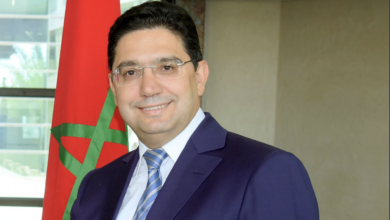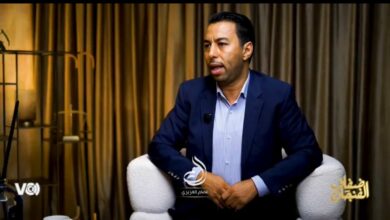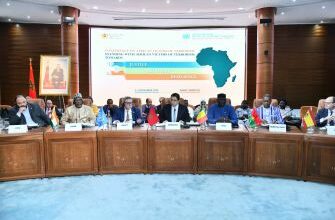Li Changlin: The Chinese Ambassador to Morocco Who Shaped the “Golden Era” of Sino-Moroccan Relations
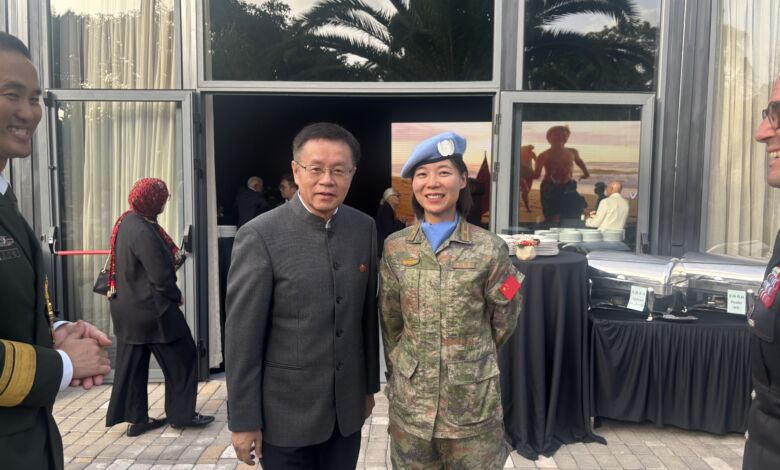
Editorial – Meryem Hafiani / ALDAR
In a farewell speech filled with emotion, China’s ambassador to Morocco, Li Changlin, announced the imminent end of his diplomatic mission, after more than four years of active and dynamic service. His departure marks the close of an exceptional period in bilateral relations — one that many describe as the “golden era” in the history of Sino-Moroccan ties.
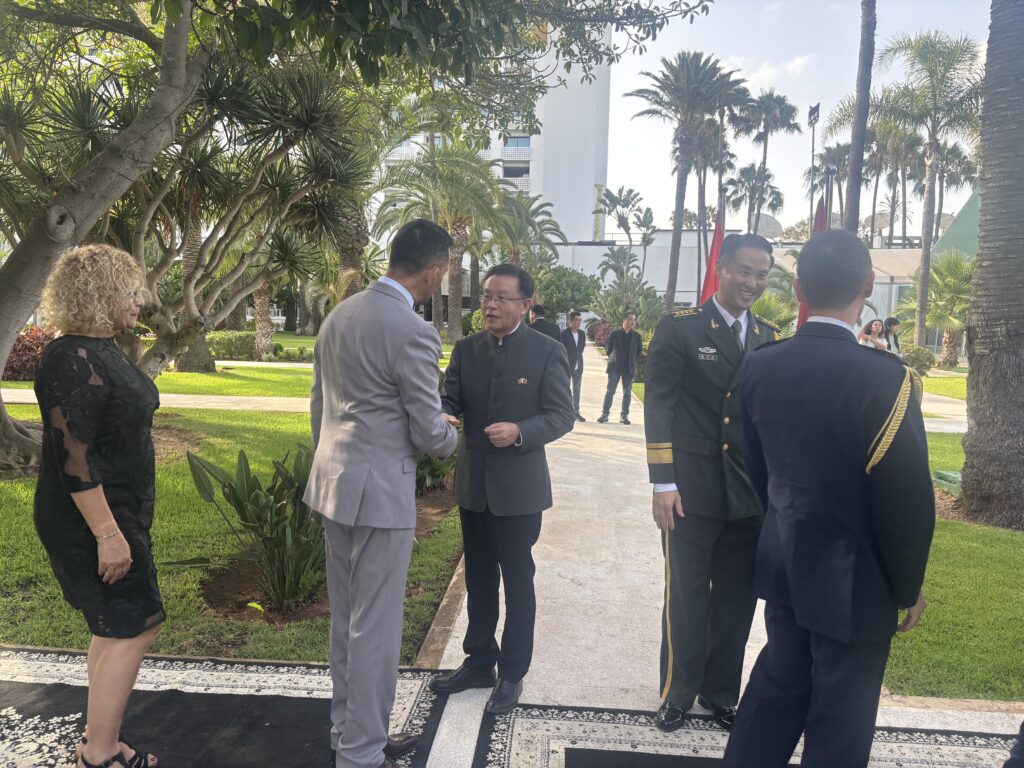
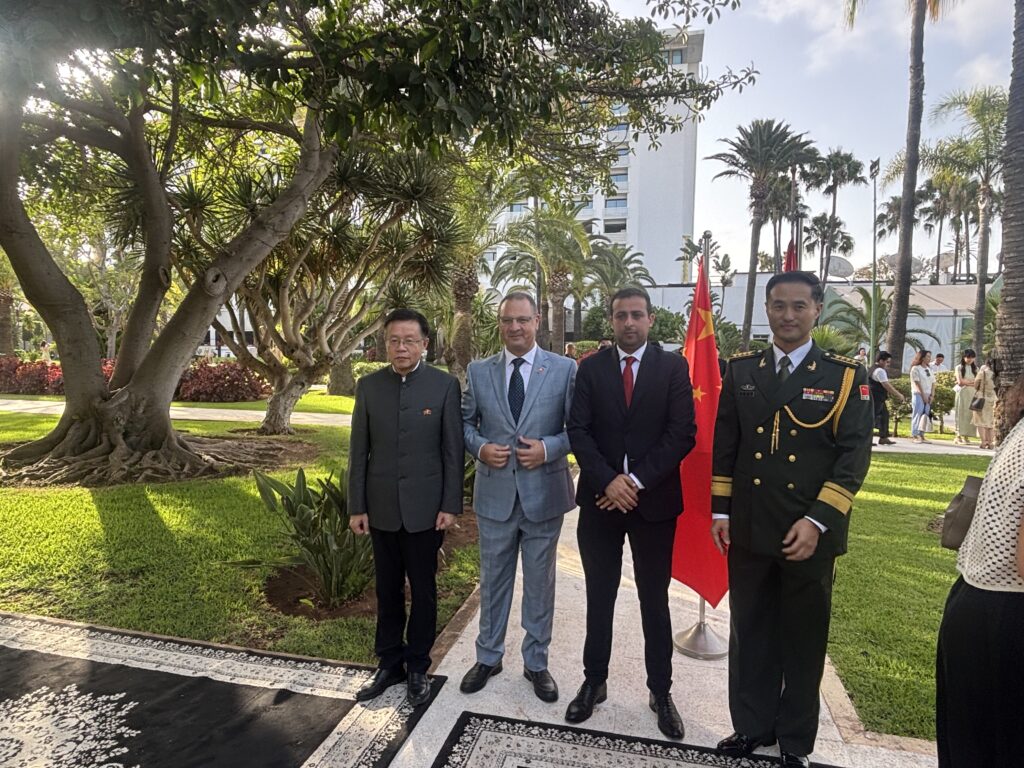
From the moment he arrived in Rabat, Li Changlin stood out as one of the most engaged ambassadors on the Moroccan diplomatic scene — both at the institutional level and among the general public. Far from limiting himself to a traditional diplomatic role, he played a central role in deepening political, economic, and cultural ties between Rabat and Beijing, opening new avenues of cooperation in strategic sectors.
During his tenure, Li worked to expand the bilateral partnership to include key sectors such as the automotive industry, green energy, and textiles, while also strengthening cultural and people-to-people ties. He traveled to most regions of Morocco, gaining a close-up view of the country’s rich social and cultural fabric. His wife, who later joined him in Morocco, actively promoted Moroccan cuisine in China — a reflection of how deeply the couple integrated into Moroccan society.
One of his most remarkable diplomatic contributions was enhancing China’s understanding of the Moroccan Sahara issue. This effort led to a noticeable evolution in China’s diplomatic language, which became more receptive to Morocco’s stance — in large part thanks to Li Changlin’s insistence on aligning this issue with China’s own principles of sovereignty and territorial integrity.
Outside official settings, Li Changlin also stood out as a man of culture and thoughtful insight. He authored dozens of articles exploring Moroccan life — from hospitality traditions to culinary arts, wedding rituals, and architectural heritage. He developed a deep appreciation for Moroccan society and shared his reflections with Chinese audiences, helping to build greater mutual understanding between the two peoples.
In his farewell address, the ambassador expressed pride in the friendships he had built, affirming that Morocco would always remain an essential part of his life. He did not hide his hope to return one day — perhaps for a major event such as Morocco’s hosting of the 2030 World Cup — alluding to the deep attachment he feels for the country he calls his “second home.”
Li Changlin’s departure comes at a time when relations between Rabat and Beijing are experiencing unprecedented growth — in terms of investment, official visits, and mutual support in international forums. Much of this momentum is credited to the ambassador’s tireless efforts. He has become a crucial bridge between the two nations and one of the chief architects of their closer ties over the past decade.
Li Changlin was not just an ambassador — he was a statesman with a clear vision and a well-crafted strategy for bringing peoples together and building trust. He leaves behind a true diplomatic and cultural legacy and a lasting contribution to the creation of a robust and multidimensional Sino-Moroccan partnership. As his mission comes to an end, a new chapter in bilateral relations begins — one still marked by the unique imprint of this exceptional individual.

